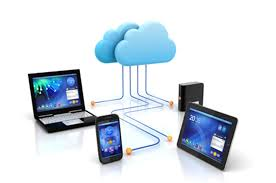


An effective estate plan ensures a tax-effective transfer of assets after your death.
/Altus%20Menu%20v%202%20Personal.png?width=136&name=Altus%20Menu%20v%202%20Personal.png)
With this all-new guide, you’ll learn about the Pros and Cons of more text to explain the offer here.

From our experience with helping our clients with their accounting and management reporting needs, we have compiled an outline of what we think are benefits and issues relating to adopting cloud based reporting tools.
The key benefits of cloud based accounting systems are:

With such a convincing list of benefits, why wouldn’t you move your accounting software to the cloud? Well the main reasons we hear are along the lines of “risk”. Primarily, the concern is that your sensitive data is in the control of third parties and on the “internet”. As a result, questions such as “what happens to my data if the provider goes broke” and “how secure is my data really?” may weigh against these benefits. Internet applications may also be a little slower than local installations depending on your internet speed and bandwidth.
Whilst such concerns are valid, cloud computing vendors generally have extremely robust and sophisticated data security systems and client experiences to date have been positive. Consideration must be given to cloud vendor risks and therefore redundancy or “plan B” options must be established in light of possible worst case disaster scenarios. Your security concerns should also be measured against your own existing data management risks, such as manual and physical backup procedures and insecure data handling practices like emailing your data to third parties or saving it onto a USB drive!
Ultimately what is right for you and your business will be largely determined by how you balance the benefits of the “it’s good to go” and collaborative cloud philosophy against the perceived risks around the “loss of control” of your data.
